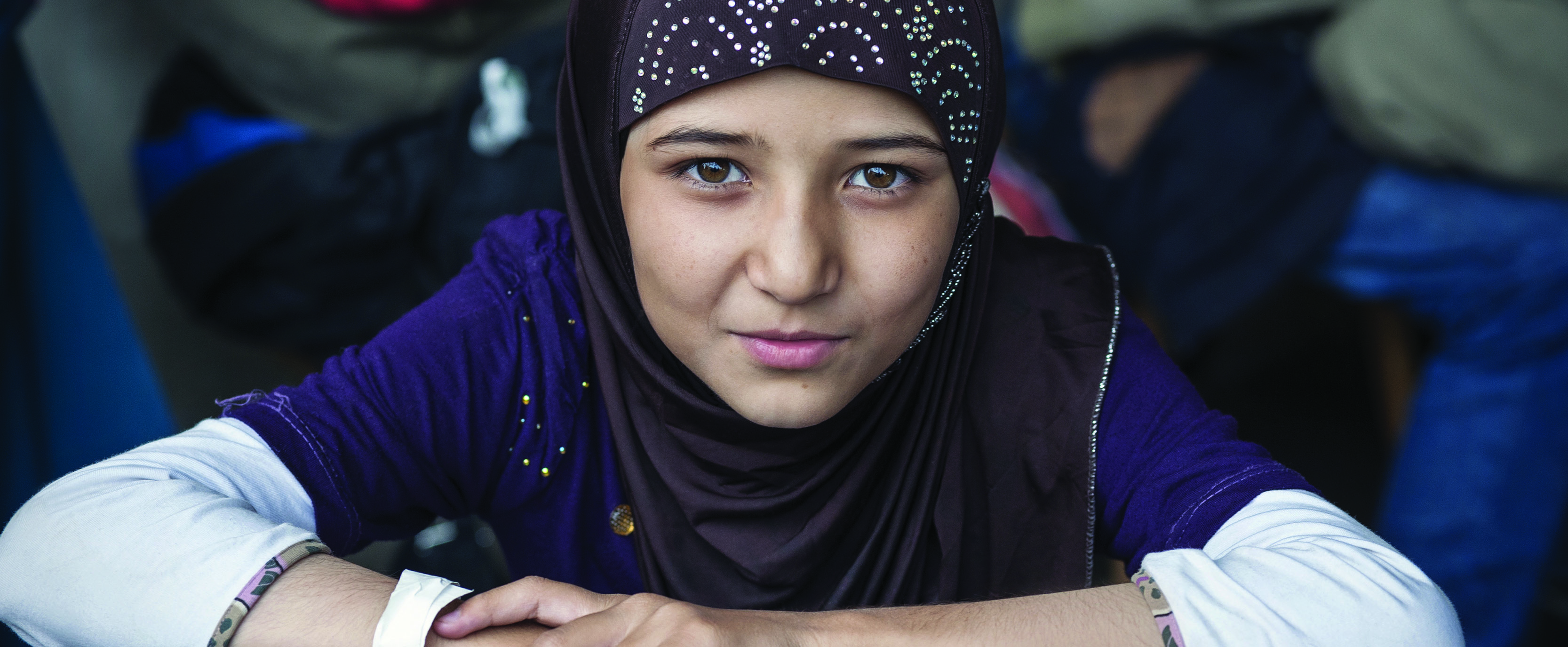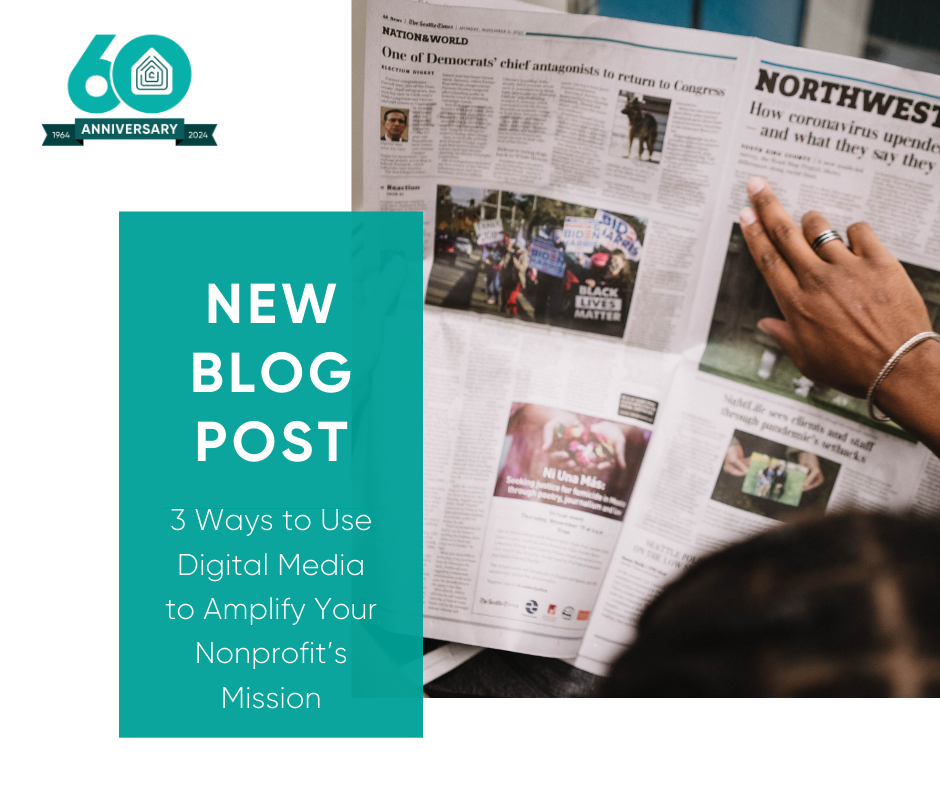Two years ago, Caritas of Austin resettled 636 refugees. As a community, we welcomed them as our newest Austinites and helped them rebuild wellbeing and stability in their lives. In turn, they added great cultural, economic, and social value to the fabric of the city we call home. But this year, we are projected to welcome just 250 refugees.
On January 27, 2017, President Trump announced an executive order temporarily banning refugees and putting other travel restrictions in place. Though the executive order has taken several forms and has been appealed as many times, the majority of its intended purpose has remained intact throughout 2017 and into 2018.
We want you to hear firsthand how our staff members who support refugees daily have weathered this tumultuous year and where we stand one year later.
Refugee Resettlement Program Manager, Mamadou Balde, said the angst is two-fold for his team. “My staff are not only worried about their own jobs, but they are deeply concerned about the wellbeing of the refugees we are serving… whether or not we can continue providing much-needed services to them, and if they will be reunited with family members still awaiting resettlement.”
Family reunification has been one of the biggest tragedies of recent political decisions. Extended family members on track to reunite with relatives in the United States are now left waiting. Many are living in very difficult conditions while they wait, fear for their safety, and wonder whether they will see their family again.
Ingrid Rivera, an Employment Specialist at Caritas of Austin, said it’s been incredibly difficult to maintain the quality of services with such drastic budget changes. In the past year, her team’s budget and personnel have been cut in half. While refugees can access employment services for up to five years, federal requirements mandate that newly arrived refugees take priority for services. Ingrid and her colleagues now each have over 80 refugee clients on their caseload.
“It’s tough to have to prioritize clients. Newly arrived refugees and clients who have been here longer need different support, but there’s not enough time to meet all needs on a given day,” she said. “So when clients reach out to me and say, ‘I’m in a stable place and I would like to focus on vocational training’ or ‘I’ve been offered a promotion but need a certification’, I can’t focus my attention on them as much as I wish I could.”
Last September, President Trump set the 2018 presidential determination to accept 45,000 refugees across the country this year. That number in fiscal year 2017 was 110,000. This is a historically low number over the past several decades. To be sure, 2017 was a year of uncertainty, with conference calls and updates from our national affiliate trying to predict how each new political decision would impact our daily services.
Rivera says she hears this same uncertainty from clients and employment partners. “Clients come to me with rumors they’ve heard, and they are asking me to confirm the truth. Previously, my clients have never been into politics, but this is live trauma for them. We are just trying to connect them to the right resources where they can learn their rights and be informed. We’ve also had to educate employers that refugees are still able to legally live and work here,” said Rivera.
Last year, Caritas of Austin saw an incredible outpouring of support from the community to help sustain our work with refugees. Balde wants the Austin community to know that your partnership is still more important than ever. “Support from the community shows that refugee resettlement is one of the most successful public-private partnerships our country has, and it’s a tradition we should be proud of and continue,” said Balde.
For Rivera, her biggest takeaway from the past year is the importance of our voices. “The most valuable thing we can do is listen to people’s stories and experiences. Let them tell it in their own words. I work to empower my clients to tell their story, and I believe that this is how we educate people and bring change,” she said.
Our hope at Caritas of Austin is that we can endure another difficult year with your support and that the United States will recommit to its role in welcoming a higher number of refugees who have experienced international homelessness and unimaginable war and violence. Our arms are open, and our staff is passionate to continue serving this resilient group of people.
One of the most valuable things you can do right now to show your support is to become a monthly donor. Your monthly gift provides sustainability in a time of much uncertainty. No amount is too small. Thank you, Austin, for helping us in making our city more welcoming for refugees!



